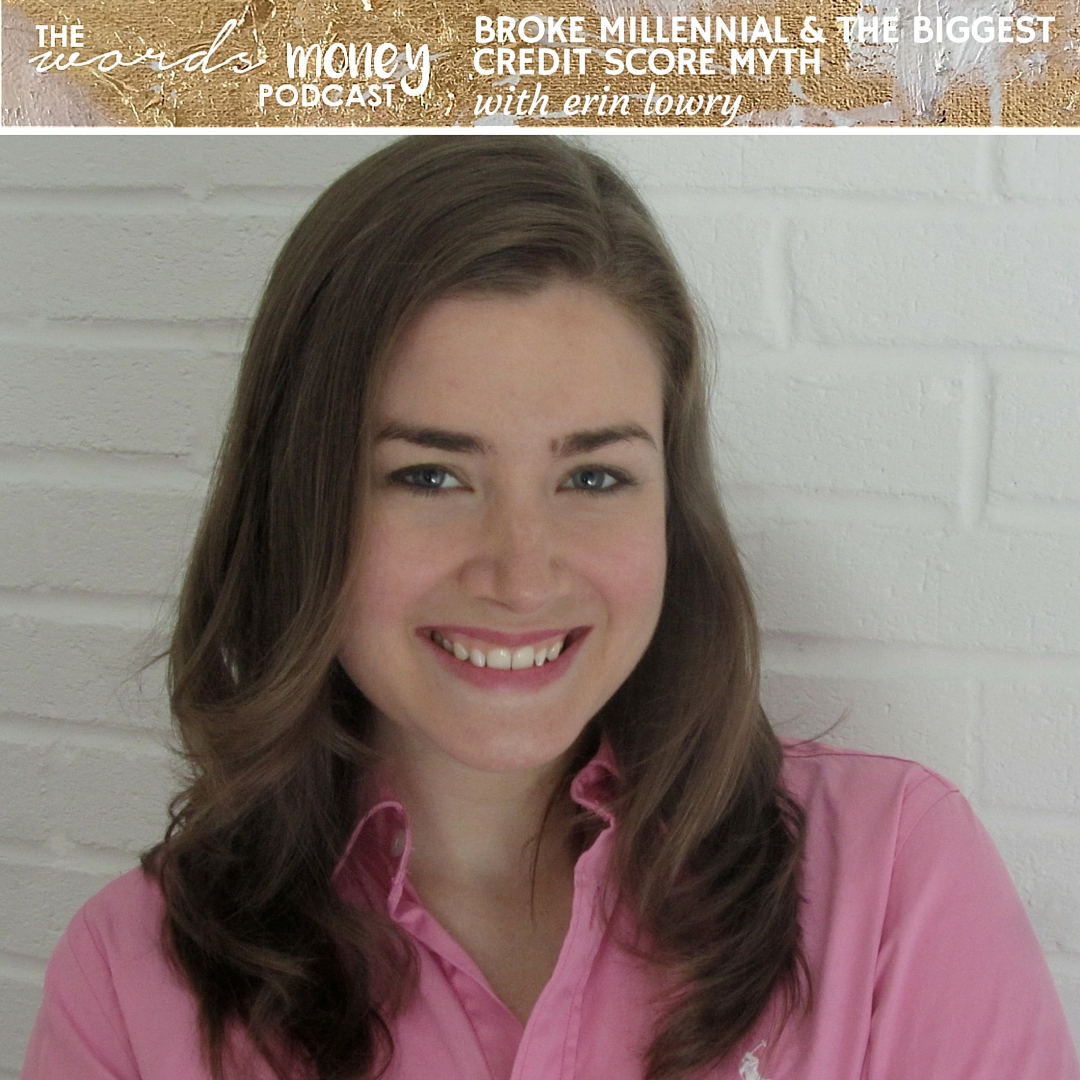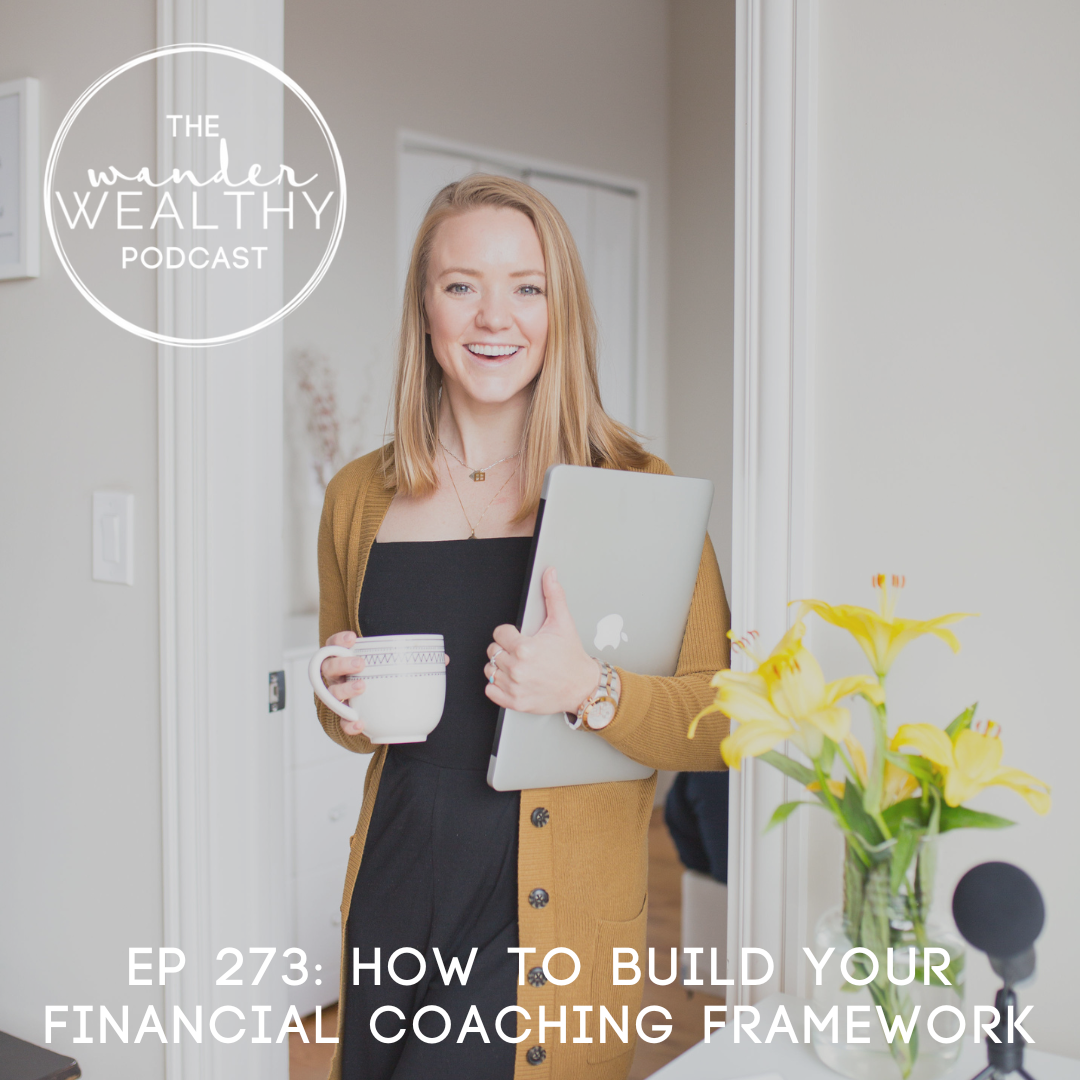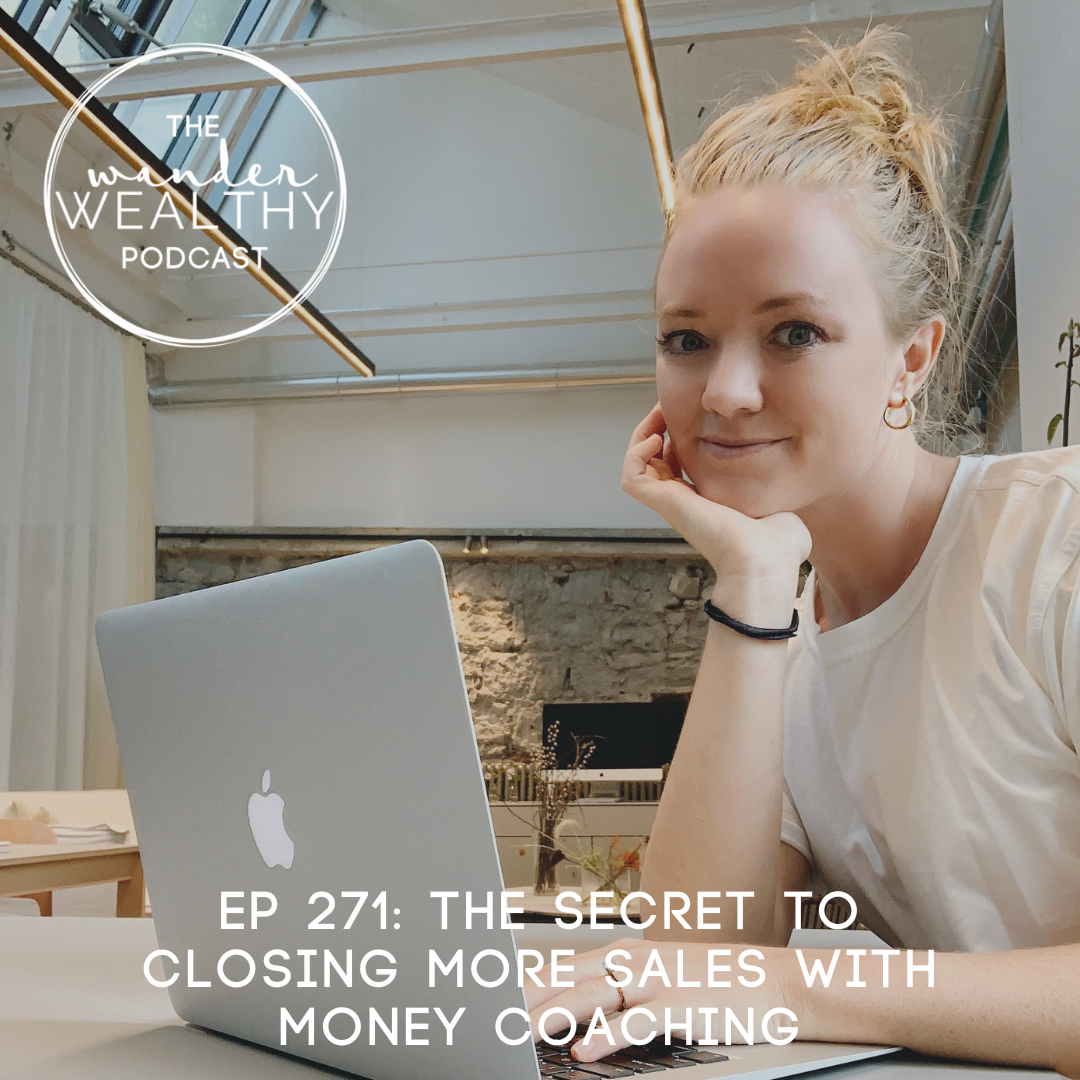W+M 015: An Interview with Erin Lowry
Erin Lowry resides in NYC and is a millennial personal finance writer and speaker. She founded BrokeMillennial.com as a way to reach her fellow millennials who are struggling to understand basic personal finance concepts. She is a regular contributor to Forbes and U.S. News & World Report and has been featured on CBS Sunday Morning, and in outlets including USA Today, The Wall Street Journal, Mashable and Refinery29 . This week Erin and I chat credit scores, women empowerment to take control of their financial future, her goal of saving $10,000 before graduating from college, and how people need to back off the "latte factor."
Listen to the show:
What we talk about:
- How Broke Millennial got its start
- Her parent’s influence on money growing up
- Not having any debt
- Having the money conversation in a relationship
- Why is your Credit Score important?
- How do we build our credit score (especially if you’ve never had debt)
- Use credit scores and never ever ever carry a monthly balance
- Every time you make a charge, when the bill cycles it gets paid on-time and in-full
- Use 20% or less of your total available credit limit (some say 30% but the real primo spot is single-digit utilization)
- Utilization is the amount of credit that you’re using of your total available credit (the amount of credit across all of your cards)
- Learn more from this post of Erin’s on Broke Millennial Blog
- The BIGGEST misconception about credit
- Do NOT carry a balance - it is not beneficial for your credit score to carry a balance month-to-month
- You do need a statement balance in order to have a strong credit score. But this is NOT the same as carrying a balance.
- How do you have a statement balance then?
- Make that one purchase on your credit card. Don’t pay it off until the bill comes. Then when the bill comes and acknowledges that you made that little purchase, pay it off on-time (before or on the date the bill is due) and in-full (pay the full balance).
- If you’re simply trying to build a credit score:
- Get a credit card (one with no annual fee)
- Use it to pay your Netflix or Hulu bill every month. Something low and predictable every month.
- Set the Netflix bill to be paid by the credit card bill every month.
- Set the credit card bill to automatically gets paid on-time and in-full from your checking account every month so you never miss a credit card payment.
- It’s always on-time and in-full, and it’s always low utilization.
- How often should you check your credit score?
- Every month if your credit card gives you access to your score. (Most do these days).
- Get a credit card that has no fee, some sort of rewards, and gives you access to your credit score.
- Or check your credit score with Credit Karma or Credit Sesame
- It’s also important to check your Credit Report.
- You are entitled, by law, one free copy of your credit report every single year from each of the credit bureaus.
- Go to annualcreditreport.com or to the sites of the bureaus (TransUnion, Equifax, Experion)
“I was raised to understand how money worked.”
“I love money, I’m fascinated by it.”
“I was fortunate enough that because I learned about money very early on, I’ve managed to avoid all debt up until this point in my life.”
“Your credit score is the report card of your financial life.”
“Credit score is the same thing [as grades in college]. You get out into the real world, and if you don’t have a strong credit score then it could be hard to find an apartment, in some cases it could be hard to find employment, you’re going to get worse financial products, your interest rates are going to be higher, everything is ripple effected by this one score.”
“It’s so easy to have a good credit score, you just have to know how it works.”
“You can have an easy high-700 even into an 800 credit score with just credit cards.”
“There is a terrible myth out there that it is beneficial for your credit score for you to carry a balance month-to-month.”
“There is a difference between carrying a balance, meaning you only pay the minimum due on your card or you pay most of the bill but leave a little bit left, and then there is having a statement balance.”
“Your life needs to be planned based on your earning potential and your financial success.”
“It’s important, as women especially, that we also advocate for ourselves in negotiating our salaries, and we work to close the gender pay gap in that regard.”
“Feel empowered by money. Even if you’re in debt, even if you feel like your broke, or even if you are broke, figure out a way to make money motivating and empowering. Because if you can switch your mentality and your psychology around how you relate to money, it’s going to make the rest of your life so much easier.”
Contact Erin: BrokeMillennial.com, Twitter (@BrokeMillennial) Facebook, Email: erin@brokemillennial.com
Resources:
- BrokeMillennial.com
- www.annualcreditreport.com
- www.creditkarma.com/
- https://www.creditsesame.com/
- The Thin Green Line - Paul Sullivan















